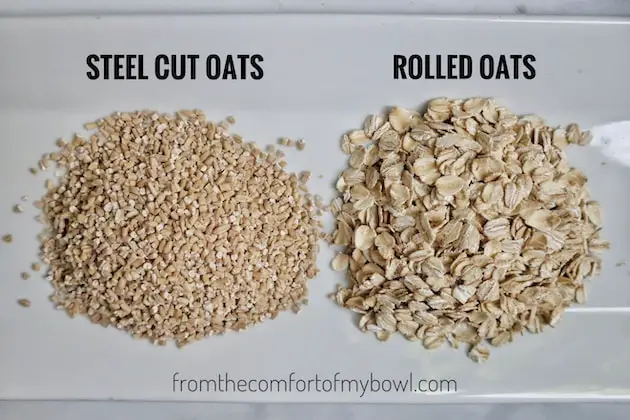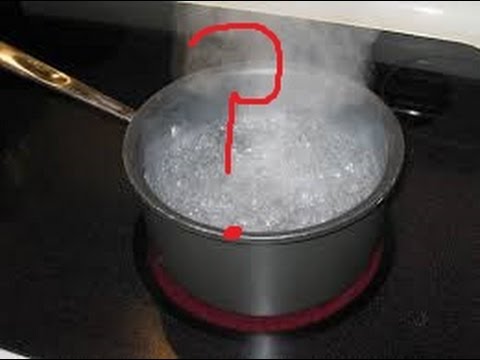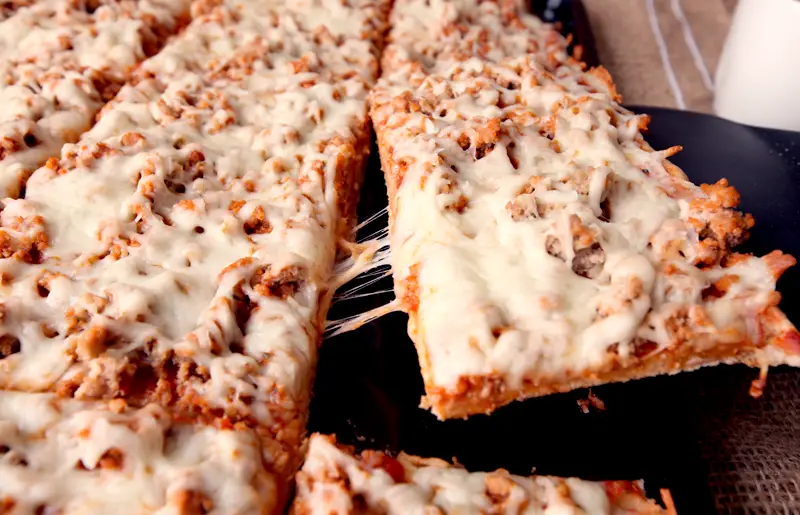Steel-cut oats are a popular choice for breakfast due to their hearty texture and nutty flavor. However, many people wonder if they should wash steel cut oats before cooking. Washing grains before consumption is generally recommended to remove impurities and harmful substances that may be present on the grain. In this article, we will explore the benefits and drawbacks of washing steel-cut oats and provide a step-by-step guide on how to properly do so.
What are Steel Cut Oats?
Oatmeal has been a staple breakfast food for centuries, dating back to Roman times. While oatmeal can take many forms, including rolled and instant varieties, steel-cut oats offer a unique texture that sets them apart. They are made by cutting the groats of whole oats into smaller pieces with a steel blade. This process produces small pieces of oat that retain more of their natural texture and flavor.
In terms of nutritional value, these oats are an excellent source of fiber and protein. They also contain essential nutrients such as vitamins B1 and B5, iron, calcium, and zinc.
Why Wash Grains Before Cooking?
Washing or soaking grains before cooking is an important step in ensuring that they are clean and free from any harmful substances. Grains can often come into contact with contaminants such as dust, debris, insects and their eggs, fungi and molds during harvesting or storage.
Additionally, most grains contain natural inhibitors and toxins that can affect digestion or cause allergic reactions in some individuals.
By washing grains before use, you can remove any impurities or contaminants while also reducing the level of inhibitors or toxins present.
Washing Steel Cut Oats: Pros & Cons
Before we delve deeper into how to properly wash steel-cut oats before cooking them, it’s essential to consider some potential pros and cons associated with this approach:
Pros
- Reduced risk of contaminations – As previously mentioned, washing the oats can help remove any harmful substances that may be present on the grain, reducing the risk of food-borne illness.
- Easy removal of impurities that affect flavor and texture – Washing the oats before cooking removes any debris or dust that can affect their texture and taste.
Cons
- Loss of desirable nutrients during rinsing process – Some nutrients such as vitamins B and minerals like calcium are water-soluble. If you wash your oats too vigorously, you could remove these essential substances along with impurities.
- Extra time needed to rinse properly – Rinsing steel-cut oats is not a quick process. It’s essential to take your time so you can ensure all contaminants and debris are thoroughly removed.
Correctly Washing Steel Cut Oats Before Cooking
Now that we’ve outlined some potential pros and cons let’s dive into how to properly wash steel-cut oats:
Step 1: Select appropriate water-to-oat ratio.
Measuring your ingredients correctly will help ensure the correct ratio of water to oats. While ratios can vary slightly based on personal preference, a general rule is one part steel-cut oats to three parts water.
Step 2: Rinse the oats in cold running water.
Place the steel-cut oats in a colander under cold running water. Rinse thoroughly while rubbing them between your fingers to remove any dirt or dust particles.
Step 3: Drain the oatmeal.
Once your oats have been washed, transfer them to a pot or pan with enough water. Bring them to boil over medium heat until they reach the desired consistency. Finally, simply strain or drain away any excess liquid from your cooked oatmeal.
Alternative Soaking Method for Steel Cut Oats
If you prefer soaking your steel cut oats rather than rinsing them, here’s an alternative method:
Step 1: Measure out your oats and water
Use a measuring cup to measure out one part of steel cut-oats and three parts of warm water.
Step 2: Mix together your rinsed steel-cut oatmeal with a larger quantity of warm water.
Transfer the rinsed steel-cut oats into a bowl and pour in the warm water. Cover the bowl with plastic wrap or a lid and let it soak overnight.
Step 3: Cook the Oats
The next day, pour out any excess liquid and cook the oats over medium heat for approximately ten minutes, stirring occasionally, until they reach your desired consistency.
Conclusion:
So, should you wash steel cut oats before cooking? Overall, while there may be some potential downsides such as lost nutrients, properly washing steel cut oats is typically worth it for most people. The benefits of washing, including reduced contaminants that can cause food illness, far outweigh any costs.
Remember to take your time when washing your oats to ensure you thoroughly remove any dirt or debris while preserving their essential nutrients. If soaking rather than rinsing appeals to you more, don’t sweat it – it can be just as effective if done correctly following our outlined steps.
As part of maintaining good health and well-being, we at OpenAI recommend striving always for clean and contaminant-free grains before consumption.
Q&A
- Q: Is it necessary to wash steel cut oats before cooking? A: Technically, no. Steel cut oats are usually pretty clean to begin with, but some people like to give them a quick rinse anyway.
- Q: Can washing steel cut oats affect their flavor or texture? A: It shouldn’t have any significant impact on the final product. Some people believe that washing the oats can make them slightly less chewy, while others argue that it doesn’t make a noticeable difference.
- Q: Are there any potential contaminants in steel cut oats that would warrant washing them? A: Unless your oats were contaminated during packaging or transportation (which is quite rare), there’s little risk of harmful bacteria or other contaminants lurking in your bowl of oatmeal.
- Q: If I decide to wash my steel cut oats, what’s the best way to do it? A: First, place the desired amount of oats in a fine mesh strainer and give them a quick rinse under cold running water. Gently shake off any excess water and transfer the oats to a pot with the appropriate amount of liquid for cooking.



